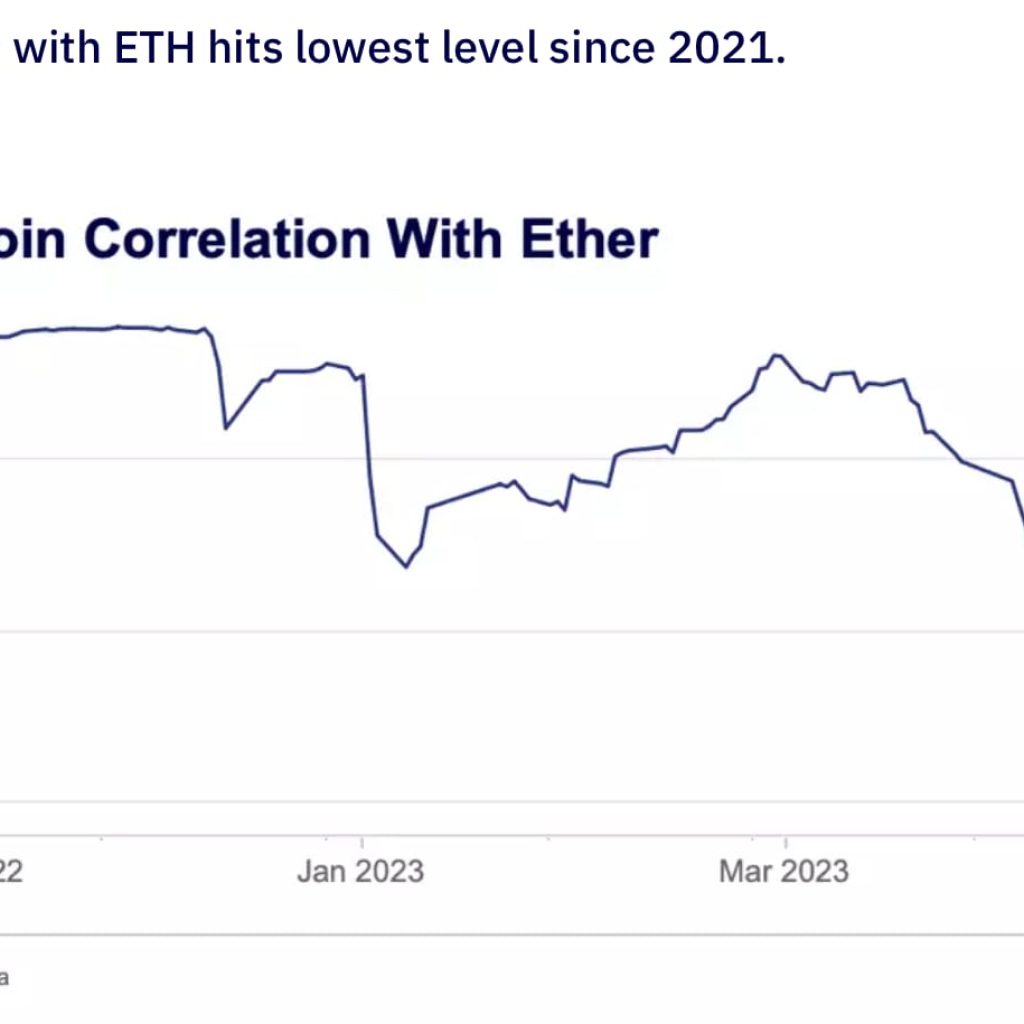Filecoin has grown to be one of the most beloved crypto with an active community that continues to keep it alive. However, questions about the blockchain’s origin, and its ICO in particular, are beginning to pop up as an on-chain sleuth has posted findings of his investigation.
Digging Into The Filecoin ICO
The on-chain investigator popularly known on X (formerly Twitter) as @BoringSleuth initially made headlines back in August when he posted a theory about who the founder of the infamous Shiba Inu meme coin was. This time around, the investigator has turned his attention to another token, Filecoin, questioning its origins.
In the report posted to X, BoringSleuth started out by explaining how he had gotten his findings. He explains that he had begun by mapping out wallets which led him to notice trends in funding transactions for a number of wallets. According to him, one thing that stuck out was the fact that these wallets would send ETH to the Filecoin ICO wallet with long decimal numbers. In total, the on-chain investigator was able to outline 1,255 transactions with these long decimal numbers.
Interestingly, 296 wallets had sent in ETH transactions ending in 937, as outlined in the image below:

Then 228 wallets ended with 967, 179 wallets ended with 697, and 111 of them ended in 696. The remaining 106 transactions were carrying unique last 3 digits but with the same long decimal numbers.
The investigator alleges that this was the work of the founders and VCs who were trying to make it look like there was high interest in the ICO. “when you want to make it look like a bunch of people are “Apeing” in to your token sale, that you and your handful of VC’s are going to dump on the pleb’s, you have to use some sort of code that helps group together who sent what,” BoringSleuth said.
Tying It To Ethereum Foundation
The report further dug in and the investigator seems to arrive at the fact that the likes of Ethereum founder Vitalik Buterin and the Ethereum Foundation were a part of this. He also links the CCP Group, as well as Cumberland and Prometheum to the Filecoin ICO which he refers to as a Ponzi.
BoringSleuth revealed that he had grouped the wallets together which he then crosschecked with the ‘Truth Labs Database of Networks and Wallets’. This is how the on-chain investigator was able to assign ownership of the wallet to different entities.
The report which is already making the rounds on social media seems to be the start of it. The investigator closed out the report by saying; “There of course is much more to this story, to be shared at a later date.”





